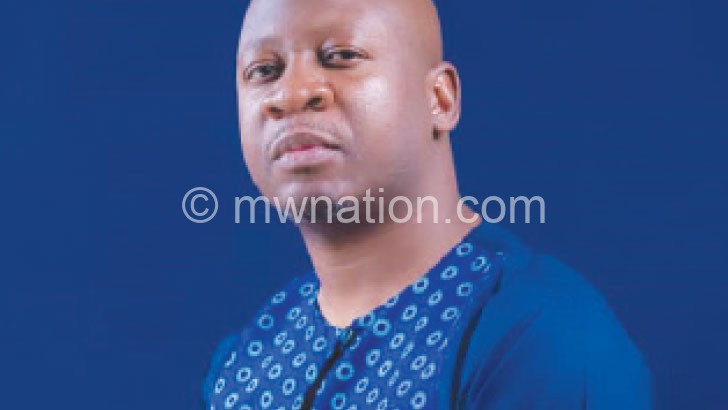Perfecting the local beat
Imagine, the lyrics that sound boring (awkward) on the perfect beat (instruments) or vice-versa. Would you going to fault the producer or the singer? That is a question for another day.
Well, search for the local music identity in Malawi is endless. Even makers of local music/beats are in and endless search for the true identity of the local beat or what is popularly known as Malawian music. Reason?

There is no originality to define a true identity of the true local vibe. The taste leaves alot to be desired as far as the Malawian elements of local music are concerned.
Just this week, the social media network was awash with some songs that were deemed wack or off the beat, attracting the public interest and a mockery among arts enthusiasts. Some schools of art thought suggested that this kind of art work is off-record and does not deserse airplay.
Anyway, perhaps we can forgive the producers for allowing off-record beats since they are in business of recording music because art is subjective to the creator. The composer of the song can compose. And, of course, the producer can produce. Better still, if the two work together, they can come up with something amazing.
When something is musicically amazing, creations of unique beats such as nyau (gulewamkulu), which was improvised by rapper Limbani Kalilani AKA Tay Grin alongside his producer Tapps Bandawe, Fikisa by Nyimbo Music Company (NMC), Sena Jive by Stanley Nthenga, Phalombe Music by Gibbo Pearson, Balaka Sounds coined by the legendary Sir Paul Banda and the Aleluyah Band, and many others, come to the minds of listeners.
One of the country’s prolific music producers Tapps Bandawe of Tapps Productions commented on the power of local music:
“Absolutely, we have a very unique sound in this country. We, ourselves, as Malawians need to realise that and embrace it. The world is definitely ready to accept and appreciate it,” said Tapps who has produced such music as Nyau beat for rapper star Tay Grin.
Describing the landscape of music production in Malawi, music producer Q Malewezi felt that the quality of productions has been getting better.
He said producers now have access to good equipment and are able to attain the technical and creative skills necessary for music production.
“Where we still need to do better is on developing unique and authentic sounds that will set us apart from the rest of the world. We also need to focus on the adminstrative work required to make sure that producers’ rights are protected,” said Malewezi.
He said that good music production having both creative and technical elements.
“In simple terms, music producers should strive for something that stands out from the rest. It could be complex or very simple. At the end of the day it has to resonate with the listener,” said Malewezi.
Apparently, music production in Malawi is improving tramendously because there are producers who are continuing to invest in themselves and also the tools that they use.
The coming of computers has heralded a new era in music production.
Everyone has been at liberty of calling themselves a music producer provided they have a computer in their home.
At one point, legendary music icon Wendyham Chechamba described the mushrooming of home-based studios as those who were responsible for “noise” not music music.
Since the dawn of the computerized music production, Malawi music has evolved. The local music industry has produced prolific producers like OBK Mfrika, Sispence, Taktic, Pro-Pee, Donny Foxxy, Janta, Lulu, Megi, Stich Fray and many others.
However, Malewezi still thinks there are many challenges such as lack of full recognition of the music producer as a composer or songwriter in the country.
“I might be mistaken but I feel producers are short-changed when it comes to their intellectual property rights. More awareness needs to be done. The production process should always start with paperwork (contracts, split sheets etc). This will ensure clarity so that when songs make money all parties know what to expect,” said Malewezi.





